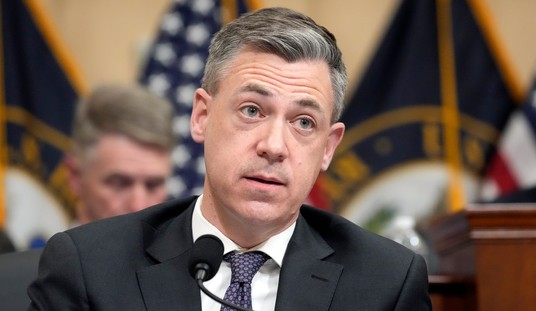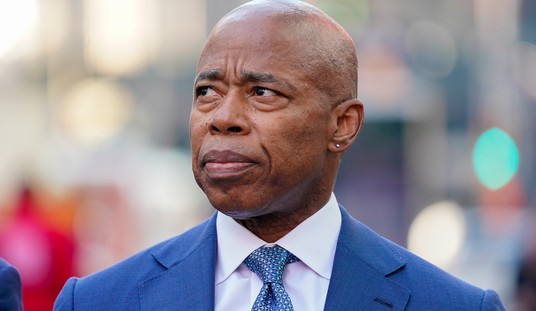
Pro-abortion rights supporters have a “die-in” outside the Supreme Court in Washington, Friday, Jan. 22, 2016, during the March for Life 2016, the annual rally held on the anniversary of 1973 ‘Roe v. Wade’ U.S. Supreme Court decision legalizing abortion. (AP Photo/Susan Walsh)
In March 2015, Arkansas Governor Asa Hutchinson signed into law a measure regulating the use of a drug cocktail commonly prescribed to induce abortion. The law was fairly common sense. The law required clinics that perform medication abortions to have a contractual relationship with a doctor who has admitting privileges at a hospital. This is so if there is a misadventure during the process of killing the child, the mother can receive care from a doctor who is familiar with the case.
In December, a federal district judge issued a restraining order saying that the law was too inconvenient for women. Death and serious injury are always convenient in the case of abortion, but that is a different story. Arkansas appealed to the Eighth Circuit. The Eighth Circuit removed the restraining order:
A U.S. appeals court ruled on Friday that an Arkansas law restricting the use of the so-called abortion pill could proceed, overturning a lower court’s decision in 2015 that blocked the law a day before it was to go into effect.
The 8th U.S. Circuit Court of Appeals in St. Louis sent the case back to the federal district court in Little Rock, telling the court it must estimate approximately how many women would likely be harmed by the law before the case could proceed further.
Planned Parenthood appealed to the Supreme Court. They felt fairly confident of victory because the Supreme Court had ruled against a similar law in Texas. But today the Supreme Court refused to hear the case:
The U.S. Supreme Court refused to block an Arkansas law that could effectively bar pill-induced abortions, turning away an appeal by two Planned Parenthood clinics that say the state would be left with only one abortion provider.
The rejection opens up the possibility that the 2015 measure will take effect soon, though the clinics will have another chance to stop it at a lower court level. The justices rejected the appeal in a one-line order, without any published dissent, suggesting the court’s liberals made a tactical decision not to object publicly at this point.
…
The rebuff marks a shift in fortunes for abortion-rights advocates, who in 2016 won a similar Supreme Court fight over a Texas law that threatened to shutter three-quarters of the state’s clinics. Among the provisions the court invalidated was a requirement that abortion doctors get hospital admitting privileges.
The two Planned Parenthood clinics told the court the Arkansas case “presents virtually identical factual and legal issues” as the Texas case.
…
But a three-member appeals court panel set aside that order, saying the trial judge hadn’t made crucial factual findings about how many women would forgo or postpone abortions because of the law.
Arkansas Attorney General Leslie Rutledge urged the Supreme Court to reject the appeal, saying that “there is no right to choose medication abortion.”
By the way, if you want a textbook example of the degree to which the pro-abort lobby owns US media, read the NYT account.
Key points here. By refusing to hear the case, the ruling is confined to the Eight Circuit. The Texas case was 5-3 and the liberal wing of the Court doesn’t seem to think Anthony Kennedy is any more reliable than we do. Planned Parenthood has another bite at the apple if they prevail upon the district judge to do the necessary fact-finding in the case. We will see this case again, but odds are when it arrives Trump will have another appointee on the bench. So while this is temporary, it has drawn a road map for other state legislatures on how to proceed.
=========
=========
Like what you see? Then visit my story archive.
Follow @streiffredstate
I’m on Facebook. Drop by and join the fun there.
=========
=========














Join the conversation as a VIP Member